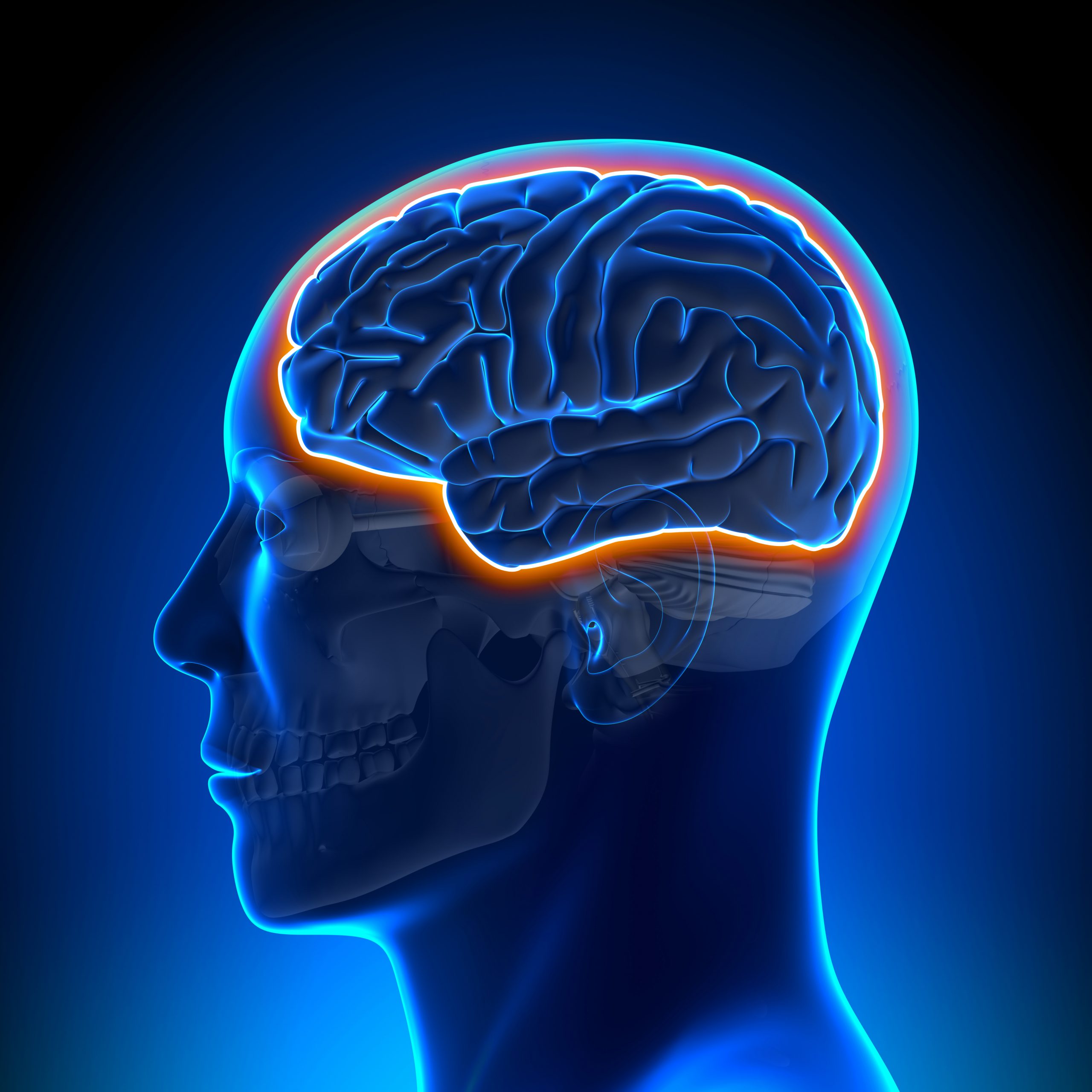Motor Deficits Linked With Cognitive Impairments, Study Suggests

decade3d - anatomy online/Shutterstock
Motor deficits, including problems with balance skills and gait or walking speed, are linked with non-motor symptoms of cognition — such as verbal fluency, memory, and attention — in people with Parkinson’s disease, a recent study suggests.
Researchers believe these findings may help to identify cognitive deficits and motor impairments at an early stage in patients who can benefit from rehabilitation strategies. Moreover, they say, such steps can be taken while also facilitating fall risk assessments and implementing strategies to prevent falls.
The study, “Cross-sectional associations between cognition and mobility in Parkinson’s disease,” was published in the journal Dementia & Neuropsychologia.
Parkinson’s is mostly recognized by the incidence of motor symptoms, such as tremor, slowness of movement (known as bradykinesia), rigidity, and postural instability. However, non-motor deficits such as cognitive changes also occur. Sleep disturbances, depression, and cognitive and neuropsychiatric conditions can develop before Parkinson’s onset or during disease progression.
Previous studies have suggested that changes in gait, or how a person walks, are associated with cognitive impairment, specifically among executive functions. Executive functions are those linked with cognitive processes that all people use daily to complete tasks and regulate emotions.
Additionally, there is evidence that Parkinson’s patients have a limited capacity to perform complex tasks while walking. This could mean that the ability to plan and monitor walking, while performing other tasks, might be impaired. In other words, performing two tasks at the same time can be challenging for people with the neurodegenerative disease.
Because cognitive control is critical for walking, any impairment in cognition can affect this ability, which in turn limits participation in daily activities and impacts quality of life.
Now, a group of researchers in Brazil investigated the link between cognitive function and walking performance in Parkinson’s patients.
Their study analyzed 107 patients with idiopathic Parkinson’s — when the disease has an unknown cause — who had been diagnosed for a mean of 5.5 years. The participants comprised 79 men and 28 women, with a mean age of 61. The majority (78.5%) had mild impairments affecting only one side of the body (stage I) or also involving the neck and spine (stage II) of the Hoehn and Yahr staging scale, which assesses Parkinson’s symptoms progression and the level of disability.
The analysis revealed a significant association between mobility and balance, as measured by the Timed Up and Go (TUG) Test, and cognitive function across all domains, or areas, of the Addenbrooke’s Cognitive Examination-third version test, known as ACE-III. The ACE-III evaluates five cognitive areas: attention/orientation, memory, fluency, language, and visuospatial function.
The results of the Mini-BESTest, an assessment that measures balance, also showed a significant correlation with cognitive measures.
The 10-Meter Walk Test (10MWT), which measures walking speed as a patient walks 10 meters (about 33 feet), also was associated with the ACE-III total and memory scores, as well as with the completion time for Trail Making Test A and B (TMT-A and B). Of note, this last test assesses the visual ability and skill for task switching, which are both important for executive functions.
The researchers then analyzed whether these associations were influenced by age, disease duration, and severity.
They found that the link between performance in the TUG test remained significantly correlated to ACE-III total and specific domains, including memory, fluency, and visuospatial ability. That significant correlation occurred regardless of a patient’s age, disease duration, or severity. In the other two motor tests, the Mini-BESTest and 10MWT, this association with cognitive functions was present in younger patients with a more recent diagnosis.
“The present findings suggest the critical role played by divided attention, visuospatial ability, and mental flexibility in the gait of PD [Parkinson’s disease] patients,” the researchers concluded. “Thus, individuals with impaired mobility should not only be evaluated by a neuropsychologist but also have a personalized rehabilitation plan involving motor and cognitive training, when possible.”






